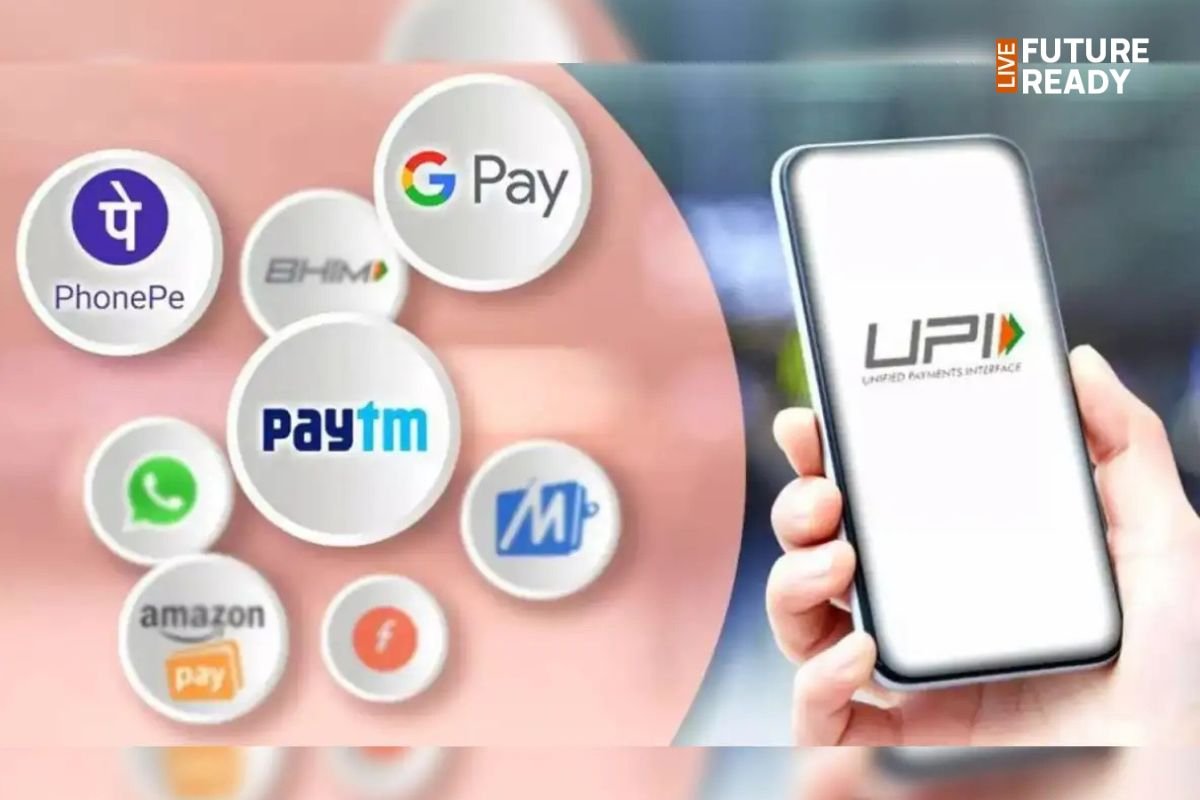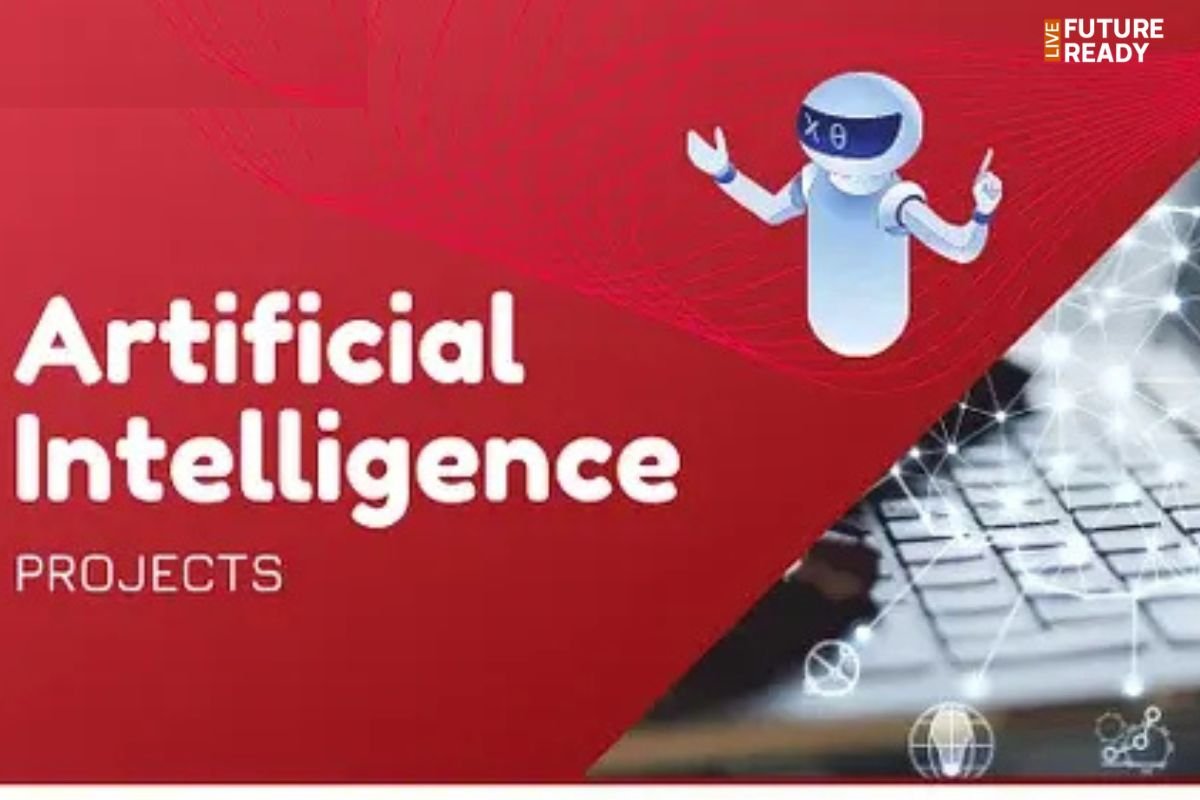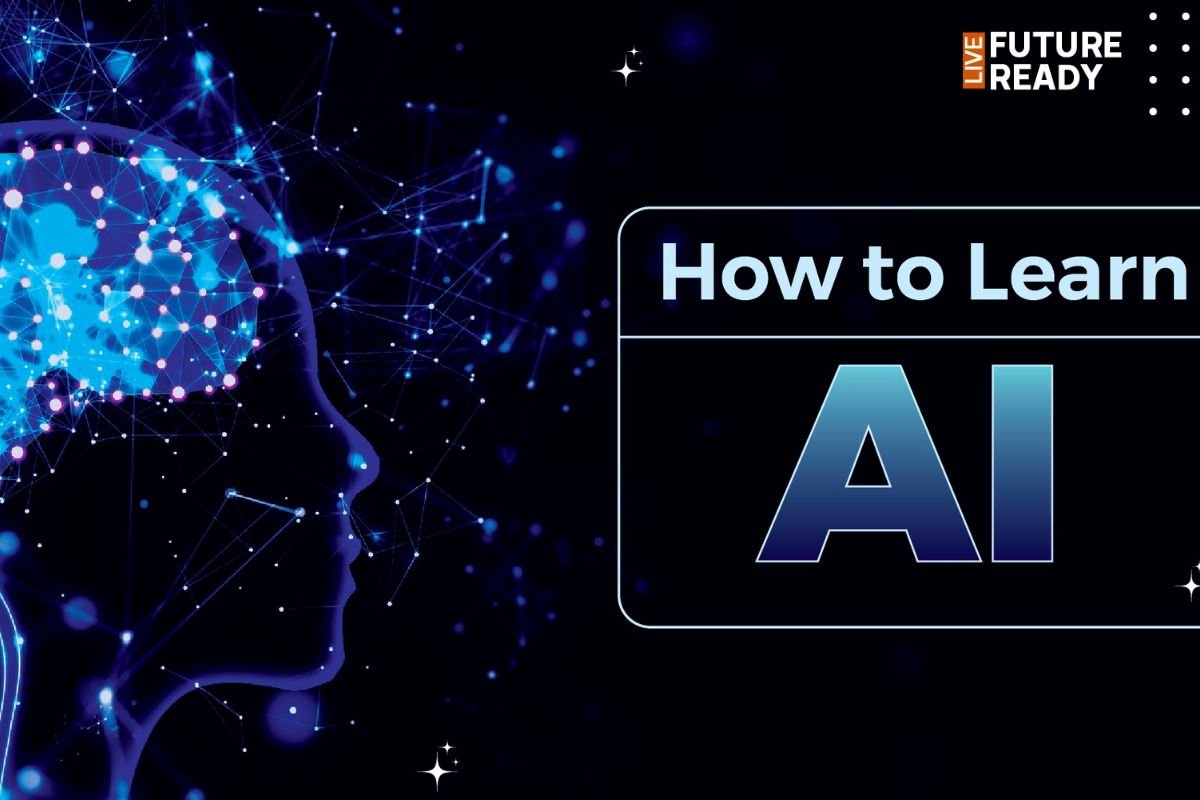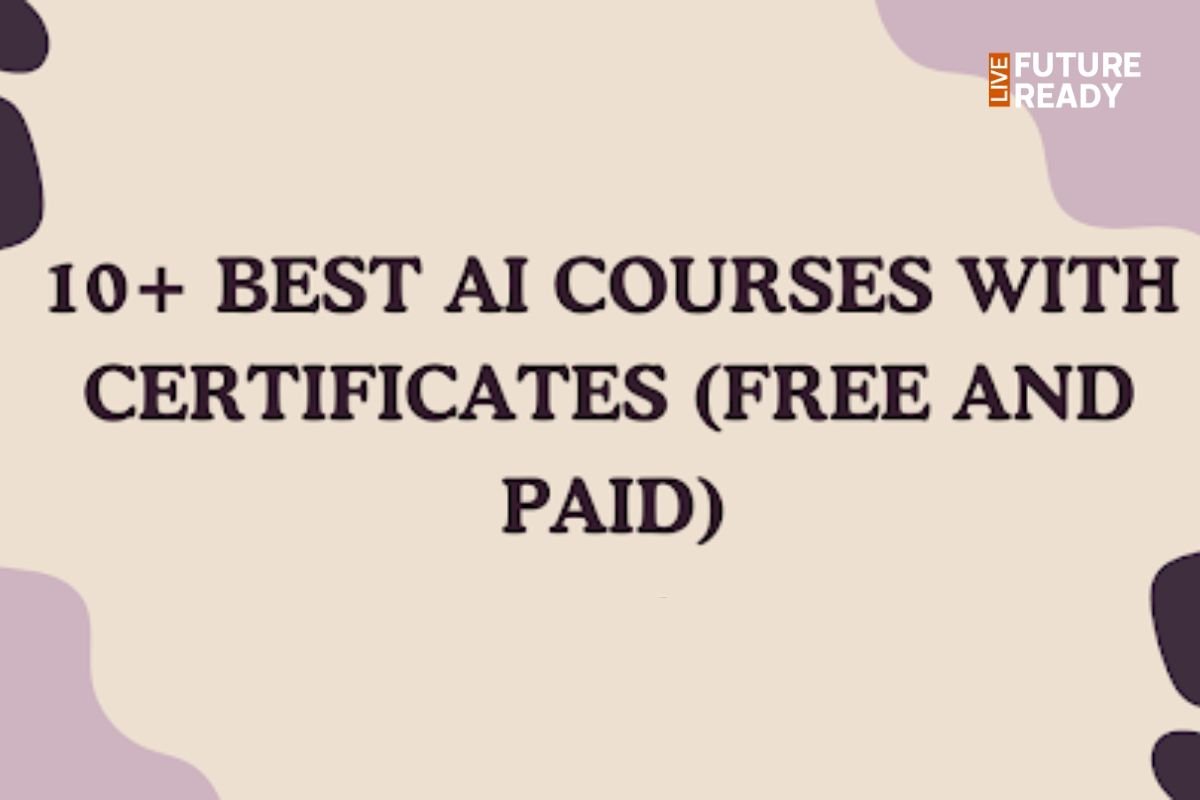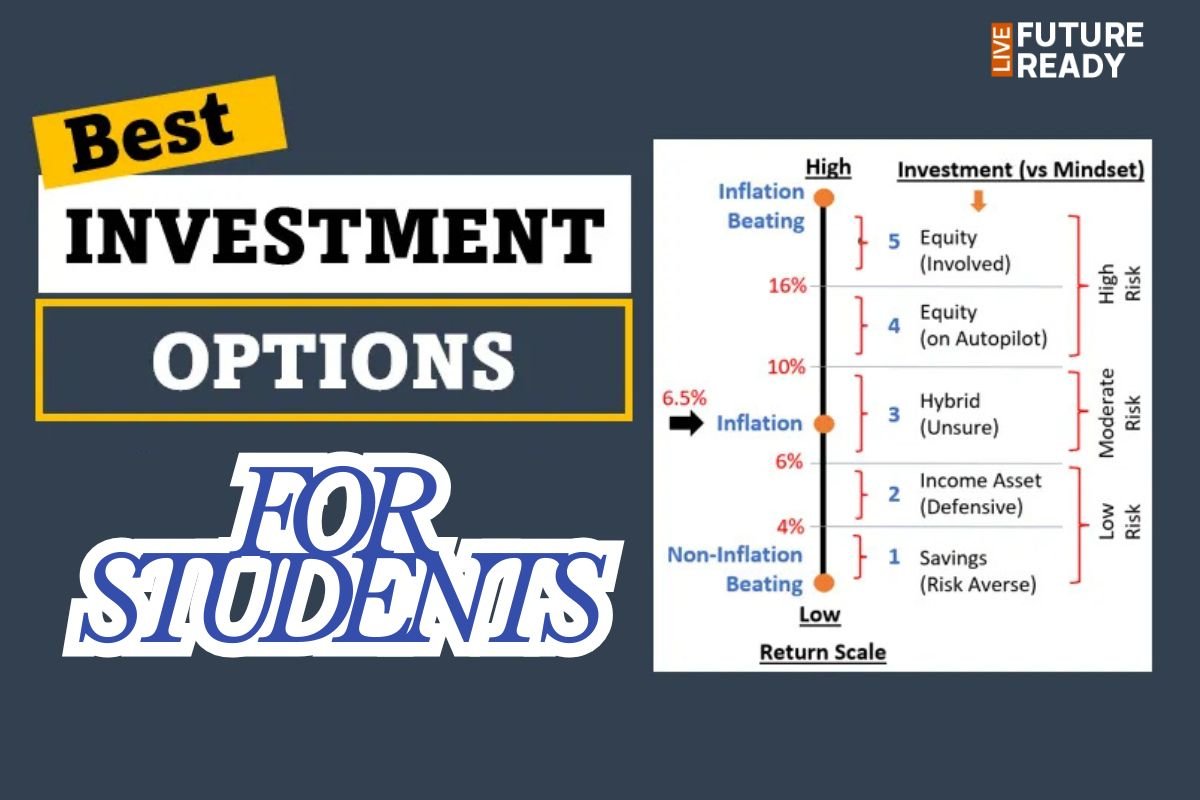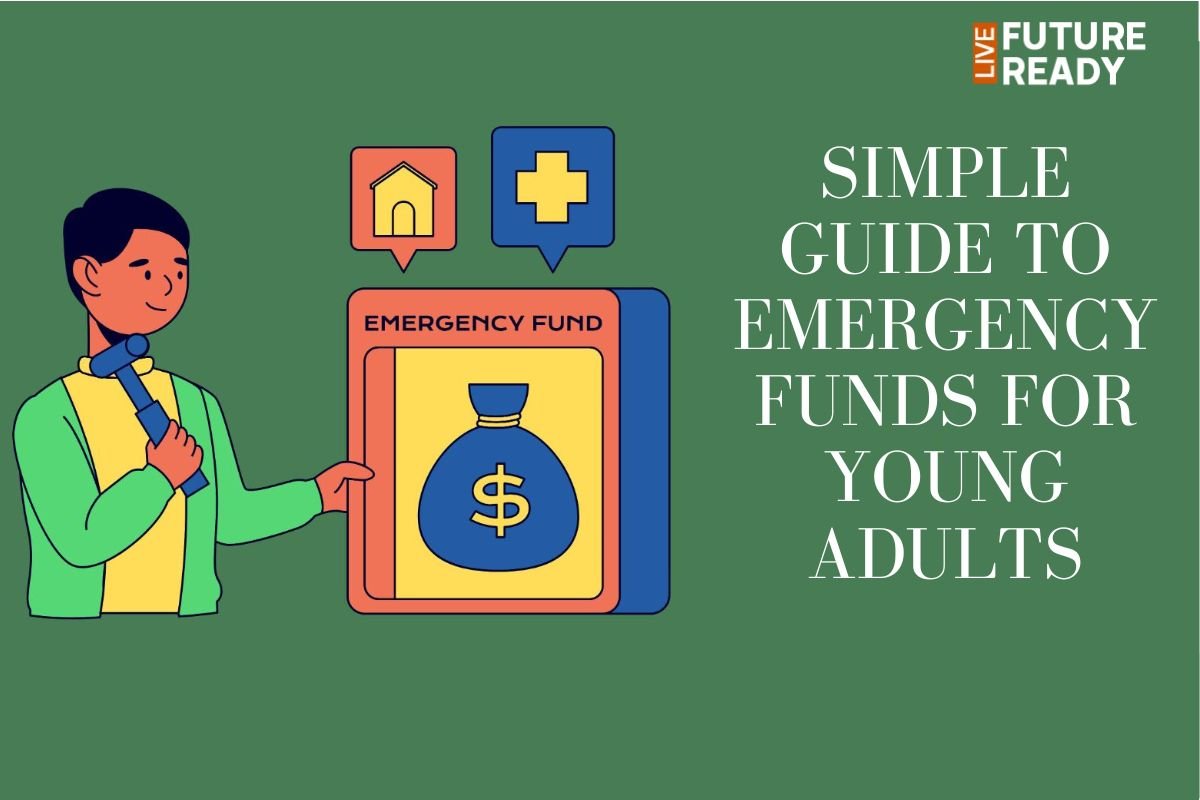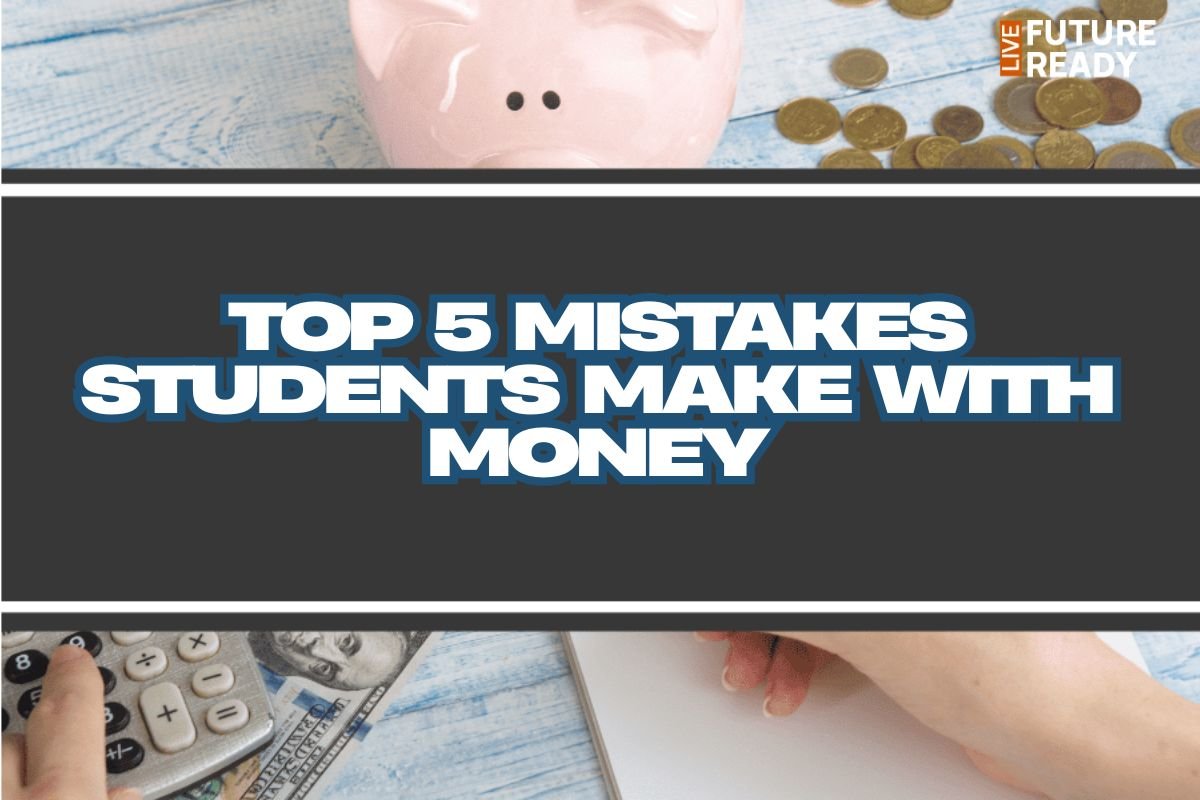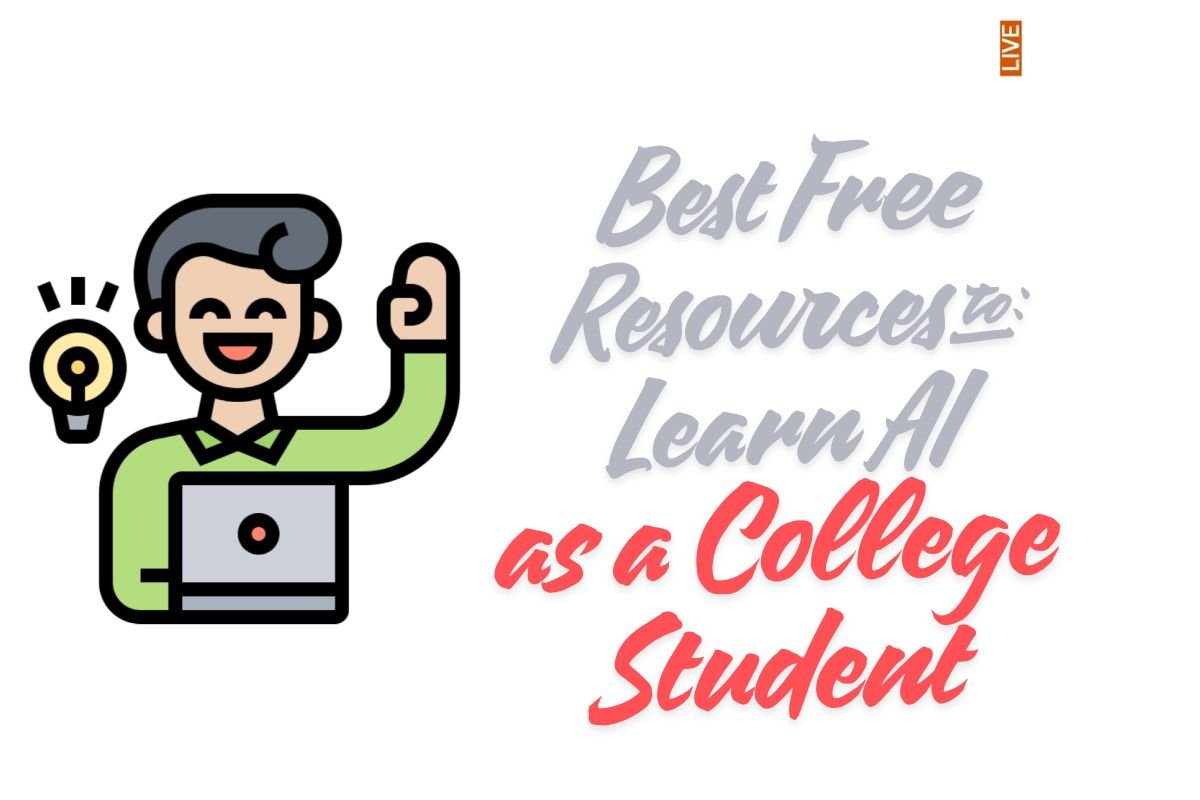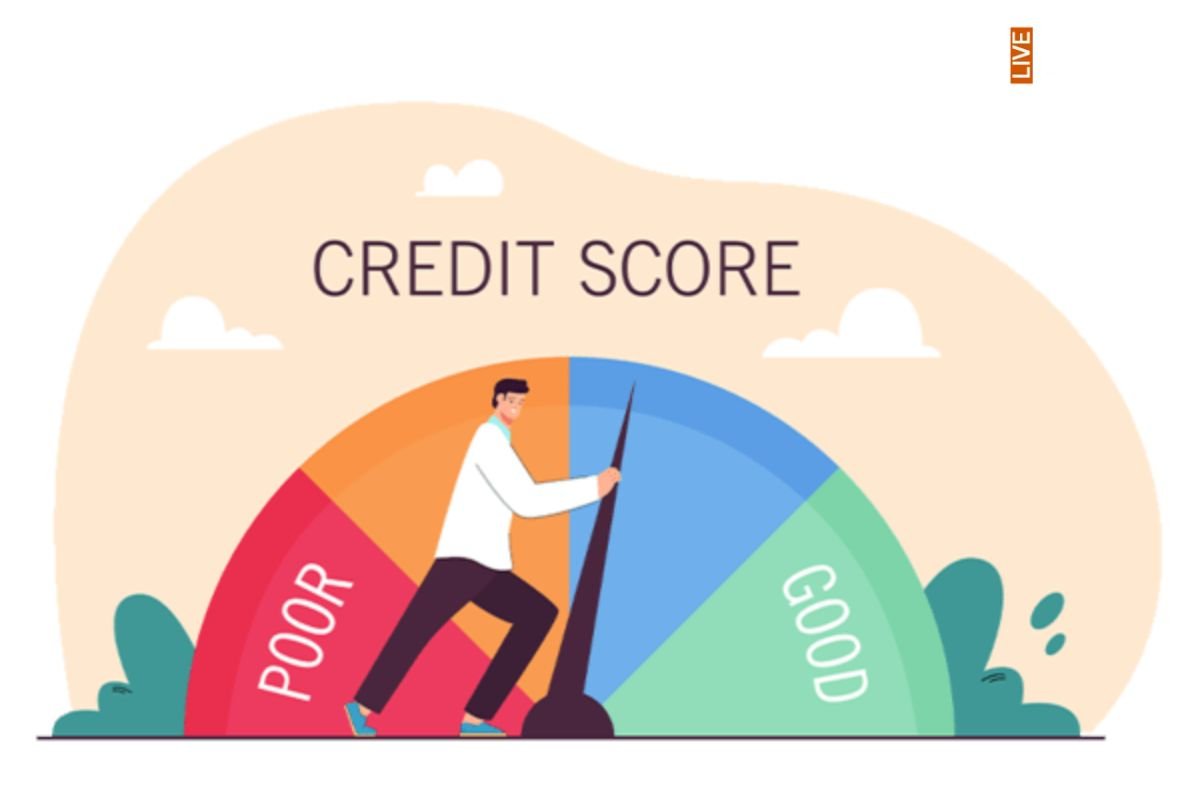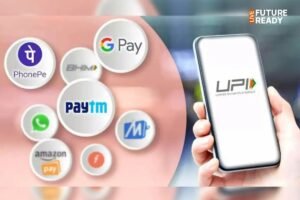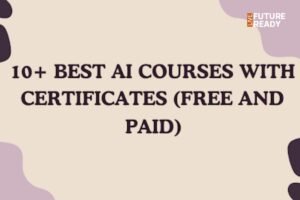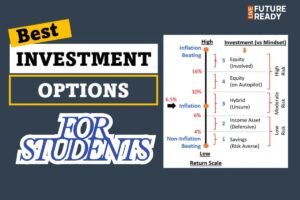It is a major milestone when someone turns 25 because it is the point of entry to the most significant phase of adulthood. Around this age, all the skills you started acquiring begin to shape your future. But more than academic or professional skills, there are certain life skills everyone should possess before reaching this age.
These life skills enrich your personal growth and arm you for what faces you ahead.
- Financial Literacy
Understand how money operates. Everyone- especially young people- should do this. Learn:
- Budget: Pay attention to both your income and expenses to minimize unnecessary debt
- Invest: Dip into SIP, mutual funds or even cryptocurrency; with caution though
- Save: Build up for emergencies in your account to absorb unexpected expenses.
- Pro Tip: Apps like Mint or YNAB can help keep your budget straight and savings smooth.
- Communication Skills
Clear communication often opens doors not only in one’s personal and professional life but also elsewhere. Master:
- Public Speaking: Find clubs, like Toastmasters, or make groups to present for.
- Writing Emails: Write tight, courteous work or network emails.
- Conflict Resolution: Know how to be amicable about your disagreements.
- Cook Simple Meals
Learn to cook to save a significant amount of time and effort; it’s more healthy and, depending on your dishes, tastier than a pack of takeaway foods. To get started with that:
- Just simple pasta recipes or stir-fry or sandwiches;
- Meal preparation that will ease a busy week ahead.
- Time Management
Your time is your most valuable resource. Techniques like the Pomodoro Technique or Time Blocking can help.
- Prioritize tasks using a to-do list or productivity apps like Trello.
- Learn to say no to commitments that don’t align with your goals.
- Emotional Intelligence (EQ)
EQ is your ability to understand and manage emotions—yours and others.
- Practice empathy by actively listening to others.
- Recognize your emotions and learn to manage stress effectively.
- Networking
- Building a strong network is essential for career growth.
- Attend industry events, webinars, or conferences.
- Use platforms like LinkedIn to connect with professionals in your field.
- Basic Car Maintenance
Even if you don’t own a car, understanding basics like:
- Changing a tyre.
- Jump-starting a battery.
- Checking oil levels.
- First Aid and CPR
These could help save lives during emergencies. Learn in a certified course:
- Techniques for CPR.
- Treating minor injuries.
- Digital Literacy
- In a digital world, some basic digital skills are not optional. Learn how to:
- Use productivity tools such as Excel, Google Drive, or Notion.
- Keep yourself cyber-safe with good passwords and safe browsing habits.
- Interpersonal Relations
Good interpersonal relations can help build useful relationships. Practice:
- Active listening.
- Checking in constantly with loved ones.
- Stress Management
When life throws curveballs, it’s how one manages to stress that makes the difference.
- Regular exercise.
- Mindfulness and or meditation
12.. Reading for Growth
Reading expands your knowledge and worldview. Explore books on:
- Personal finance (e.g., Rich Dad Poor Dad).
- Self-improvement (e.g., Atomic Habits).
Conclusion
Gaining all these skills before 25 will lay the groundwork for life in balance, success, and fulfilment. Beauty lies in predictability; these skills will help you navigate its unpredictability with confidence.
At Future Ready, we believe in empowering young minds to thrive in all aspects of life. Check out our platform for resources, guides, and courses to become your best self.
FAQs
- Is it too late to start learning these skills after 25?
Not at all! These skills are valuable at any age. Start whenever you can.
- How can I stay consistent in learning new skills?
Set small, achievable goals and track your progress. Consistency is key.
- Are online courses helpful for building these skills?
Yes, platforms like Coursera, Udemy, and Future Ready offer excellent resources.
- What’s the best way to prioritize which skill to learn first?
Focus on skills that align with your immediate goals or challenges. For example, start with budgeting if you’re facing financial stress.





